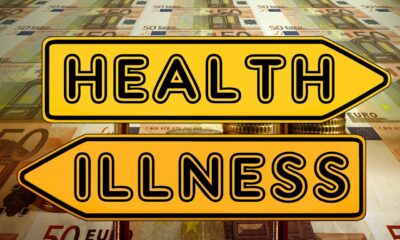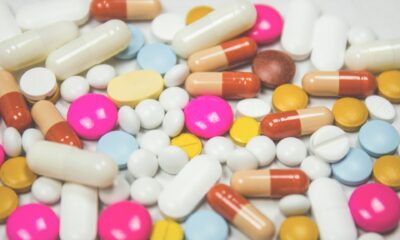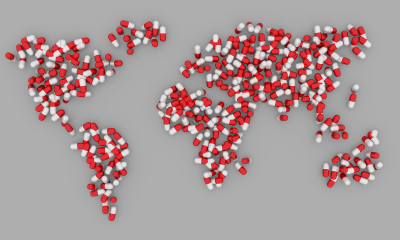Biotech
Spanish pharmaceutical sector increased its exposure to banks by 11% in 2019
Grifols, Almirall, Reig Jofre, Rovi, Pharma Mar, and Faes Farma increased their joint debt to financial institutions to $8.8 million (€7.76 million) in 2019. The company with the highest volume of debt to banking institutions is Grifols, accounting for 91% of total debt. With a debt of $563 million (€493 million) is Almirall. PharmaMar’s debt is totaling $64.7 million (€56.6 million).
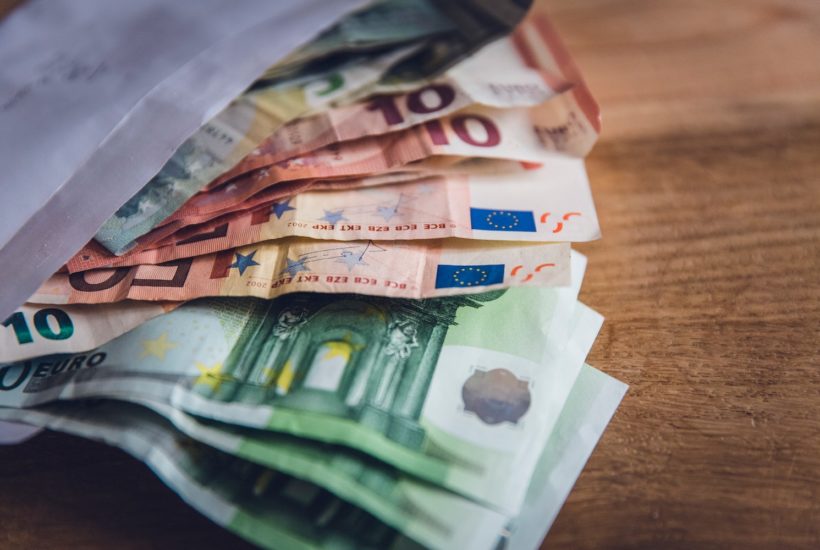
The Spanish pharmaceutical sector is increasing its bank debt. Pharmaceutical companies listed on the continuous market closed 2019 with a joint debt to banks of $8.8 million (€7.7 million), 11.1% more than in 2018 when they had a debt of $7.9 million (€6.9 million). The calculation includes data from six listed companies in the sector (Grifols, Almirall, Reig Jofre, Rovi, Pharma Mar, and Faes Farma). The joint profit of all these companies reached $980.7 million (€857.8 million) in 2019, an increase of 15% compared to 2018.
Grifols, the largest company in the sector, continues to be the company with the highest volume of debt to banking institutions, according to the company’s latest annual accounts. The Grifols family multinational accounts for 91% of the total debt, with $8 million (€7.1 million) (taking into account current and non-current liabilities), a figure 13.12% higher than the one recorded in 2018.
In fact, the Catalan pharmaceutical company completed a $6.6 billion (€5.8 billion) debt refinancing process last November. The company justified this decision as it “allows the financial infrastructure to be optimized and all the conditions to be significantly improved.” Grifols closed 2019 with a net profit of $714 million (€625 million), 4.8% more than a year earlier.
Find out more information about the biotechnology sector, latest news on biotech industry leaders, emerging biotech companies and other financial headlines with the Born2Invest mobile app.
Grifols is followed by Almirall and Pharma Mar in the ranking
Almirall is following Grifols in the ranking, with a debt of $563 million (€493 million). However, its liabilities to credit institutions have been reduced by 9.7% with respect to 2018, when it registered $623 million (€546 million) of commitments with banks.
The pharmaceutical company of the Gallardo family made a profit of $155 million (€136 million) in 2019, compared to $88 million (€77 million) in 2018, in contrast to a $347 million (€304 million) loss a year earlier. The multinational’s total sales improved by 12% to $1 billion (€908.4 million).
Pharma Mar completes the podium of the listed companies in the pharmaceutical sector with the largest debts to banks at the end of 2019, with $64.7 million (€56.6 million). Despite this, the company reduced its liabilities by 15.5%. The company increased its losses over the last year to $13 million (€11.4 million). These accounts do not include the collection of $200 million (€181 million) of the initial payment for the recent agreement signed with Jazz Pharmaceuticals in the U.S., valued at up to $1 billion (€919 million).
Last week, Pharma Mar announced that it is currently investigating a therapeutic compound that could treat the current outbreak of the coronavirus (Covid-19), with the aim of confirming its functioning in “a matter of weeks.”
Reig Jofre company’s debt has shot up 115% to $64.5 million (€56.5 million). The Catalan company reduced its profit to $5.6 million (€4.9 million) in 2019. “This result is due to the effect of higher depreciation, investment in industrial technology and amortization of assets acquired in corporate operations,” said the pharmaceutical company. For its part, the group’s turnover was $228.5 million (€200.2 million), representing an increase of 11% compared to a year earlier.
Rovi is the company that has seen its debt to financial institutions increase the most, by exactly 129%, to $59.5 million (€52.1 million). However, the Madrid company was the one that most noticed the increase in its profitability in 2019. The laboratory obtained a profit of $44.8 million (€39.3 million) in 2019, a figure that more than doubles the result obtained in 2018 when it made a profit of $20.4 million (€17.9 million).
Faes Farma closes the ranking. The company has reduced its debt by 93% to $3.3 million (€2.89 million). Last year, the pharmaceutical company led by Mariano Ucar reached a profit of $73 million (€64 million), an increase of 24% compared to $58.8 million (€51.6 million) in 2018. Faes Farma highlights that this increase is above the expected range (a growth of between 17% and 22%). In 2019, the company completed a capital increase of $906,414 (€794,710), an item that comes from undistributed profits in the last financial year.
__
(Featured image by Markus Spiske via Unsplash)
DISCLAIMER: This article was written by a third party contributor and does not reflect the opinion of Born2Invest, its management, staff or its associates. Please review our disclaimer for more information.
This article may include forward-looking statements. These forward-looking statements generally are identified by the words “believe,” “project,” “estimate,” “become,” “plan,” “will,” and similar expressions. These forward-looking statements involve known and unknown risks as well as uncertainties, including those discussed in the following cautionary statements and elsewhere in this article and on this site. Although the Company may believe that its expectations are based on reasonable assumptions, the actual results that the Company may achieve may differ materially from any forward-looking statements, which reflect the opinions of the management of the Company only as of the date hereof. Additionally, please make sure to read these important disclosures.
First published in PlantaDoce., a third-party contributor translated and adapted the article from the original. In case of discrepancy, the original will prevail.
Although we made reasonable efforts to provide accurate translations, some parts may be incorrect. Born2Invest assumes no responsibility for errors, omissions or ambiguities in the translations provided on this website. Any person or entity relying on translated content does so at their own risk. Born2Invest is not responsible for losses caused by such reliance on the accuracy or reliability of translated information. If you wish to report an error or inaccuracy in the translation, we encourage you to contact us.

-

 Crypto2 weeks ago
Crypto2 weeks agoXRP vs. Litecoin: The Race for the Next Crypto ETF Heats Up
-
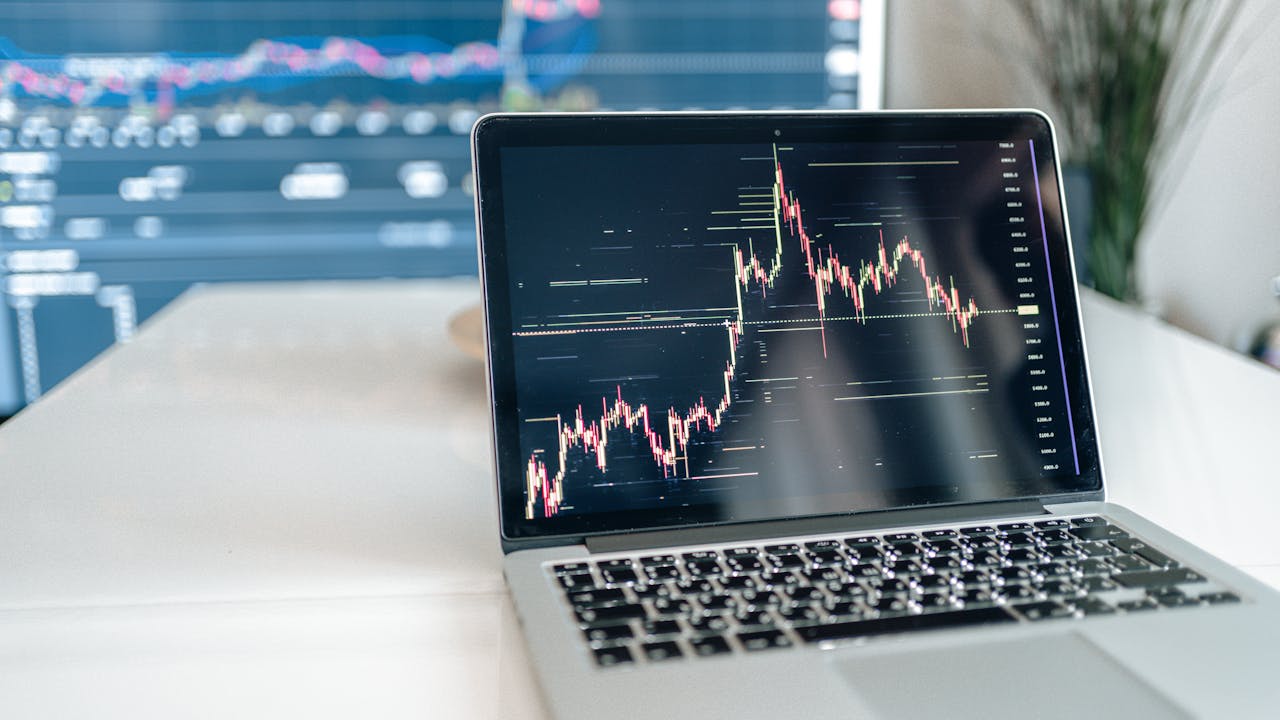
 Crypto1 day ago
Crypto1 day agoCrypto Markets Surge on Inflation Optimism and Rate Cut Hopes
-

 Biotech1 week ago
Biotech1 week agoSpain Invests €126.9M in Groundbreaking EU Health Innovation Project Med4Cure
-

 Biotech4 days ago
Biotech4 days agoAdvancing Sarcoma Treatment: CAR-T Cell Therapy Offers Hope for Rare Tumors


